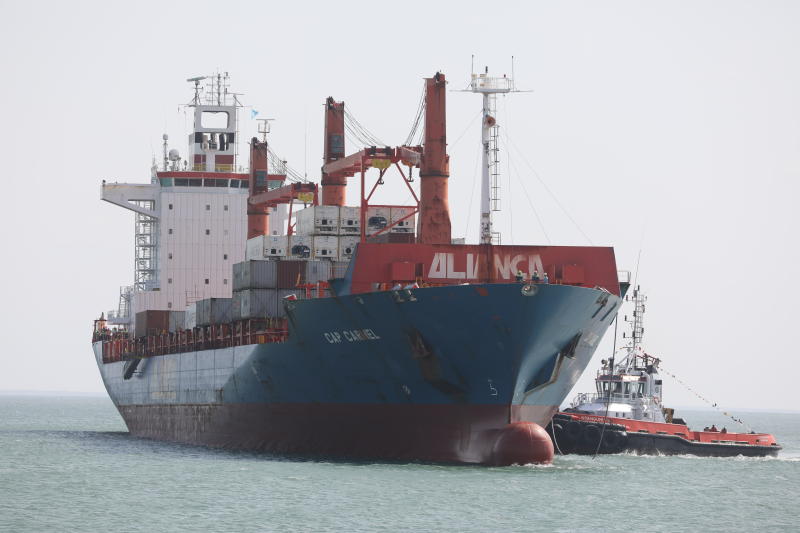expressing his desire to acquire an outlet (ports) to the Red Sea by force or by coercion or threats of subversion and so reviving old and obsolete ambitions of Ethiopian rulers centuries ago.
The Ethiopian media (public and private) in an attempt to propagate false narratives and notions, seem to ignore that the era of conquest and scrample for colonies is left behind and forgotten and that the actual narrative is
independence, national souvernity, territorial integrity, international law, security, stability, cooperation, good neighborhood and mutual respect… Population growth can only be a problem if not accompanied by healthy economic and social policies, foresight and good governance. Ethiopian media, instead of advertising threat of force, conquest and occupation are invited to focus on helpful development measures and initiatives to cope with their population growth. China and India both being a success story do not blame their population growth but mobilise them to work and obtain a rational development
Ethiopia has an option to explore its huge potential and it is the role of the media and intellectuals to pinpoint.
International and regional bodies such as UN, AU, IGAD, which Ethiopia is a member, have mainly the following objectives on respective levels :
the maintenance of international peace and security, the promotion of the well-being of the peoples of the world, and international cooperation to these ends.
“The United Nations Convention on the Law of the Sea (UNCLOS) 1982 provided rights for landlocked states on the sea. More importantly, the convention provided them with the right of access to and from the seas and freedom of transit. However, the law makes such rights subject to the agreements to be made by landlocked and transit states. This, in turn, depends on the prevailing relations between the concerned states. If they are not in a smooth relation, the transit states may not be willing to negotiate and thereby put impediments on the landlocked states’ free transit. The political will and commitment of transit states highly conditioned the rights of landlocked states. The denial of free transit, in turn, affects the rights of landlocked states on the different maritime regimes. Landlocked states have no absolute right of access to and from the seas and freedom of transit. Hence, the study concludes that to give practical effect to those rights, negotiating bilateral and multilateral agreements with the transit states has a crucial and irreplaceable role”.
Djbouti and Ethiopian have already proved a successful model of integration and partnership in sectors such as energy, telecomunication, water, port usage, and related services and logistics in full conformity with UNCLOS and with incentives such as preferencial rates, facilities in payments and reglementation wavering.
Below is an expert comment.
“Political will and mutual benefits are two key drivers of a successful agreement between a landlocked and a transit state.
Ethiopia and Djibouti signed an agreement on port utilisation and transit of goods towards Ethiopia in 2002. Based on the above UNCLOS principles, this agreement underpins the success of the Djibouti–Addis Ababa transport corridor and includes various terms and modalities of transit transport. In addition, it includes an institutional planning framework with a joint expert committee, which meets every three months, and a ministerial committee, which meets biannually. Both countries recognised the mutual benefits of this agreement: Ethiopia’s key interest is safe and competitive access to the sea, and for Djibouti the traffic in transit is a source of income”
We can rightly conclude that Ethiopia will not complain neither from a poor port service nor the lack of it for several decades. The potential of the Djibouti ports are far from a 100% utilisation and will remain so for more decades unless the Ethiopian partner comes up with favorable attitude for development and initiatives for peace and security.
As for Sayla, it is roughly 50 kms from the ports of Djibouti and about 130 kms from the the port of Berbera. It is not wise to even think of aquiring a port there by a third party for obvious reasons. Djibouti and Somaliland can not afford a suicidal act for both countries had invested billions of dollars to mainly serve Ethiopia on a win-win basis. The livelyhoods of a population more than 6 million souls can not be jeopordised. That will be a matter of death sentence. And moreover souvernity and matters related to it are never for sale nor negotiable.
